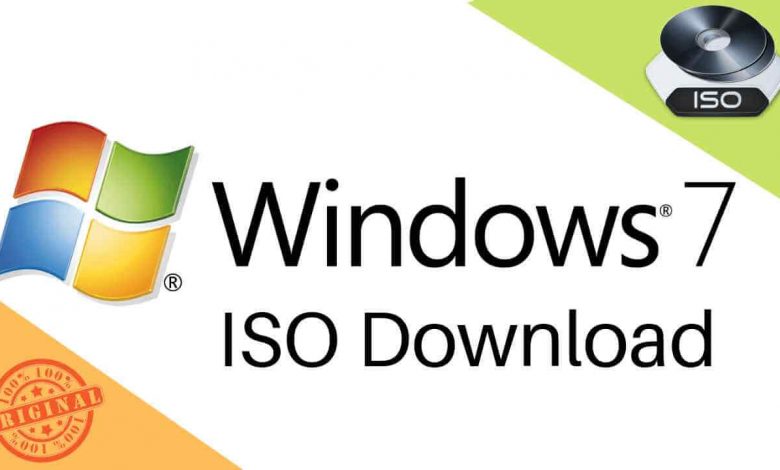Excavators are a cornerstone of many projects, ranging from landscaping and utility work to large-scale construction. Selecting the right type of excavator—whether a mini excavator or a standard one—can have a significant impact on your project’s efficiency and cost-effectiveness. If you’re considering a mini excavator rental, it’s essential to weigh the advantages and limitations of each option to make the right choice. This guide explores the factors that differentiate mini and standard excavators and provides insight into how to choose the best fit for your needs.
Understanding Mini Excavators and Standard Excavators
While both mini and standard excavators are designed to perform similar tasks, their size, power, and ideal applications differ significantly.
Mini Excavators
- Weight Range: Typically under 10,000 pounds.
- Best For: Smaller projects such as trenching, landscaping, and light demolition in confined spaces.
- Advantages:
- Compact size allows easy maneuverability in tight areas.
- Minimal impact on soft or sensitive surfaces like lawns or driveways.
- Lower operating and rental costs compared to larger models.
Standard Excavators
- Weight Range: Usually between 10,000 and 80,000 pounds.
- Best For: Larger construction jobs, heavy lifting, and projects requiring significant power and reach.
- Advantages:
- Higher digging and lifting capacities.
- Greater reach for deep excavation and heavy-duty tasks.
- Versatility to handle multiple attachments and tasks efficiently.
Factors to Consider When Choosing Between Mini and Standard Excavators
The decision between a mini excavator and a standard excavator depends on various factors, including the nature of your project, site conditions, and budget.
1. Project Scope and Requirements
The scale and type of work being performed are primary factors in your decision.
- Mini Excavators:
- Ideal for small-scale tasks like digging shallow trenches, removing tree stumps, or working on residential properties.
- Best for projects requiring precise, delicate work in limited spaces.
- Standard Excavators:
- Suited for large-scale projects like clearing land, deep digging for foundations, or demolishing large structures.
- Provide the power and capacity needed for extensive material handling.
2. Worksite Conditions
The physical environment of your job site plays a critical role in determining the appropriate equipment.
- Mini Excavators:
- Excellent for tight or enclosed spaces such as urban areas, backyards, or construction sites with narrow access points.
- Cause less ground disturbance, making them ideal for delicate surfaces.
- Standard Excavators:
- Better equipped for open spaces and rugged terrains that require stability and power.
- Handle uneven or rocky ground with greater ease than mini models.
3. Power and Performance
Consider the power and performance required for your specific tasks.
- Mini Excavators:
- Perform well for light-duty tasks, such as installing utility lines or landscaping.
- Compatible with attachments like buckets, augers, and grapples for added functionality.
- Standard Excavators:
- Provide higher horsepower and greater hydraulic power, making them suitable for heavy-duty tasks like breaking concrete or excavating deep trenches.
- Efficient for moving large amounts of material quickly.
4. Budget and Rental Costs
Your budget often dictates whether you should opt for a mini excavator rental or a standard excavator. Understanding the cost implications of both options can help you choose wisely.
- Mini Excavator Rental Costs:
- Daily: $150–$400
- Weekly: $600–$1,500
- Monthly: $1,500–$3,000
- Standard Excavator Rental Costs:
- Daily: $300–$1,000
- Weekly: $1,200–$3,000
- Monthly: $3,000–$6,000
Mini excavators are generally more cost-effective for smaller projects, while standard excavators provide better value for larger, intensive tasks.
Benefits of Renting an Excavator
Renting an excavator offers numerous advantages, especially for short-term or one-off projects. Whether you’re renting a mini excavator or a standard one, the benefits include flexibility, affordability, and access to modern equipment.
Cost Savings
Renting eliminates the need for a significant upfront investment and minimizes ongoing maintenance expenses. A mini excavator rental is particularly cost-effective for short-term or infrequent needs.
Flexibility
- Project-Specific Equipment: Renting allows you to select the right excavator for your specific project without committing to ownership.
- Seasonal Use: Rent equipment for peak project seasons without the burden of storage or depreciation.
Access to Advanced Features
Rental providers often supply the latest models equipped with modern technology, such as fuel-efficient engines and GPS-guided systems, ensuring optimal performance and productivity.
When to Choose a Mini Excavator Rental
A mini excavator rental is ideal for projects requiring precision, maneuverability, and minimal ground disturbance. Opt for a mini excavator if:
- Space is Limited: Mini excavators excel in confined spaces, such as residential areas or urban construction sites.
- You Need to Protect Surfaces: Their lighter weight minimizes damage to lawns, sidewalks, and other delicate surfaces.
- The Project Involves Light-Duty Tasks: Mini excavators are perfect for tasks like trenching, landscaping, and small-scale material handling.
When to Opt for a Standard Excavator
For larger or more demanding projects, a standard excavator is often the better choice. Consider a standard excavator if:
- High Power is Required: Standard excavators are better suited for heavy lifting, deep digging, and demolition tasks.
- The Worksite is Large: They handle expansive job sites and rugged terrains more effectively than smaller models.
- You Need Maximum Versatility: Standard excavators can accommodate a broader range of attachments and perform multiple tasks efficiently.
Tips for a Successful Excavator Rental Experience
To maximize the value of your rental, follow these best practices:
Plan Ahead
Reserve your equipment in advance to secure availability, especially during peak construction seasons. Early reservations often result in better rates and more equipment options.
Inspect the Equipment
Before accepting delivery, thoroughly inspect the excavator for any signs of wear or damage. Test its controls and ensure all attachments are in good working condition.
Understand the Rental Agreement
Review the terms and conditions of your rental contract carefully. Clarify any additional fees for fuel, maintenance, or late returns.
Train Operators
Ensure that operators are trained and familiar with the specific equipment. Many rental companies offer training resources to help users operate the machinery safely and effectively.
Conclusion
Deciding between a mini excavator and a standard excavator comes down to your project’s scope, site conditions, and budget. A mini excavator rental is perfect for small-scale, precision tasks in confined spaces, while a standard excavator is ideal for larger, heavy-duty projects that demand more power and capacity. Renting offers flexibility, cost savings, and access to the latest equipment, making it an excellent option for both one-time and ongoing needs. By evaluating your project’s requirements and following best practices, you can choose the right excavator to ensure a successful and efficient outcome.


















